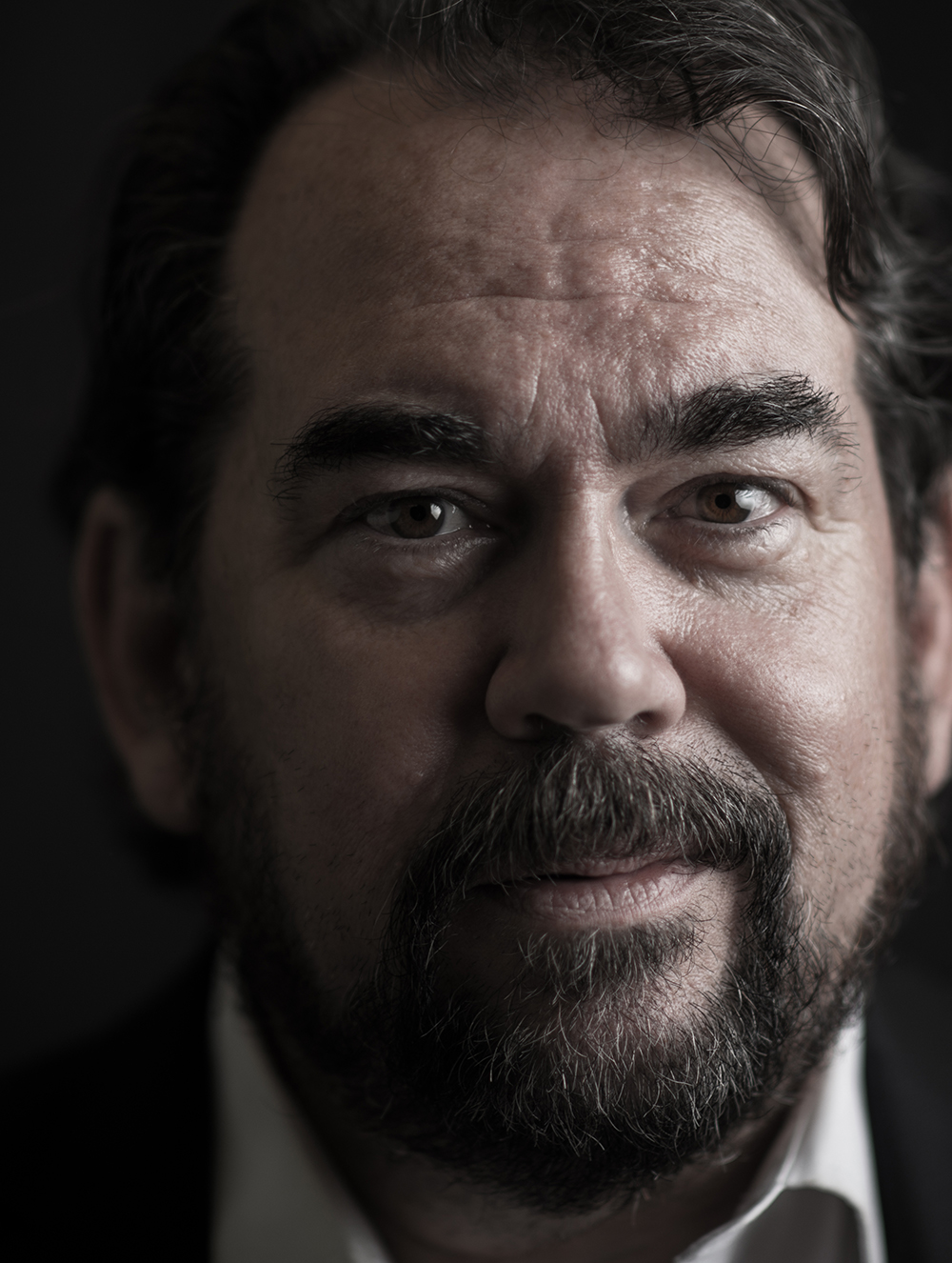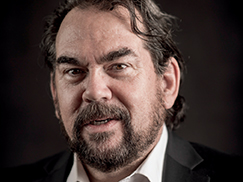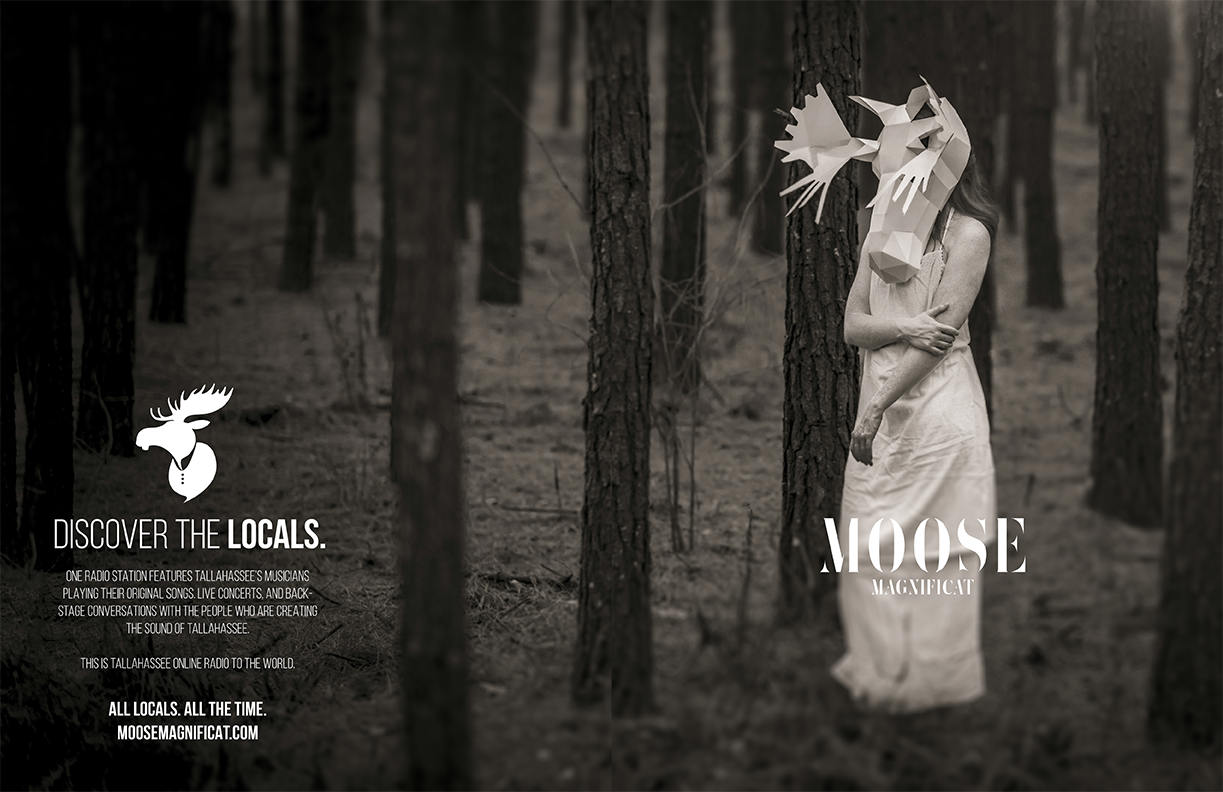by Brien R. Sörne | Photo by Dave Barfield
“Have no fear of perfection; you’ll never reach it. Nothing in life is to be feared; it is only to be understood.” –Marie Curie
In response to a colleague’s question about laboratory rules, Thomas Edison is credited with having said “Hell! There ain’t no rules around here! We are trying to accomplish something!” (Harper’s Monthly: September 1932, p24). Regardless of its authenticity, I find the statement intriguing that the pursuit of some discovery overrides the observance of some standard rules of order.
It’s what I feel whenever I read about innovators, inventors, and trailblazers. Characteristically these are people who share a degree of disregard for pre-existing assumptions, expectations and governing rules within their particular field or area of work. With the introduction of the new thing or idea, it seems a fair amount of rule-breaking is required if the process is to move forward, and they are willing to do it. Even further, some rules no longer apply and are discarded. Not for the sake of anarchy as such, but for the sake of discovery and the advancement of ideas not yet established, and they refuse to allow the status quo to keep them from their task.
At the same time, it happens that the making of some rules is equally fundamental in order to manage the impact of what is being created. Call them “rules of the road” that are intended to help others who follow after them on the path of discovery to avoid pitfalls and dead ends. Perhaps most importantly, they can help maintain communication and cooperation among those who are allied in the effort.
Overall, it is quite painstaking at ground-level. While these new rules are brought forward, it is not uncommon for the old rules to be defended vigorously by those who are outside of the creative endeavor. Even if they may not have been impacted directly, there will be those who resist the discovery process itself and reject any shift in an established paradigm. Such is the way of exploration.
In addition to rule management, another common thread among these explorers is found in their willingness to perform countless mundane tasks and endure hardships along the way. We may call it “trial and error.” Inventors call it “innovation.” Long before their inventions are presented, inventors innovate. They take what they have in hand and try to present it in a way that can be more easily appreciated by their audience. It’s what Bob Metcalfe calls the “weeds” of innovation versus the “flower” of the invention.
Metcalfe is known for his invention of Ethernet technology, among other achievements. For him, innovation is critical if the inventor’s ideas will ever have a chance of being accepted by the general public (MIT Technology Review: November 1, 1999). Together, these makeshift rules of the road and the use of innovation guides the process through uncharted territory and help the uninitiated embrace new ways of thinking. For me, this is the most interesting part of the inventive process because it represents the most dynamic and challenging aspects of it as the old world and new world face off. Sadly enough, it is the part that is most often missing from the process of social change.
In our time, we are engaged in a profound debate about who we are and who we will be as a society. We are faced with fiercely opposing views over everything from sexual morality, criminal justice, immigration, and the practice of religion, to freedom of expression, employment, and national identity. We are navigating through uncharted cultural territory as progressive and traditionalist ideas compete at an unprecedented level.
Question is, have we created the rules needed to guide us through the process of cultural change? Are we applying innovative solutions that might help us to emerge with even a greater expression of rights and liberties and empowerment for all? Or rather, are we clinging to the old rules and defending them even more vigorously while we remain embattled and uncompromising?
Rather than remain so deeply divided, can we pursue some greater good by applying the kind of resolve we find among these creators and inventors we so admire? Are we willing to endure the mundane tedium of trying over and over to find a solution? While we labor under all of the uncertainty and risk of failure that it brings, are we willing to create working rules that encourage civil discourse to help keep us on track and keep open the lines of communication? Can we establish innovative forms of community involvement that are meaningful and not token?
Unlike technologists and scientists who belong to a select league of professionals, when it comes to cultural innovation, all of us are the innovators and inventors. I wonder if we are willing to commit ourselves to that process with the same level of devotion. Perhaps we should take a lesson. Are we in danger of shutting down unfettered, honest inquiry? Are we are unwilling to allow certain topics, certain words to enter our conversations because we are averse to break some rules of correctness we have assembled around us? Perhaps we would be well-advised to create some new rules that encourage open communication when that is exactly our best strategy. If we want to have an open conversation about discrimination, sexual mores or political structure, are we willing to talk openly about our competing viewpoints even if they may seem extreme to someone else? If not, public discourse may all but vanish in the wake of chanting crowds from opposing sides and hit-and-run styled social media posts.
In our town it will mean crossing lines, breaking rules and sitting down with people of differing views. Conservative groups will co-host with liberal groups’ weekly presentations. Spring festivals will celebrate our future, not just our past. Holding public forums occasionally will not be enough—we will have to go beyond a long table or a village square. We will have to create all kinds of public discussion groups, both actual and virtual. They will have to be more frequent, more inclusive, and more accessible. Like any well-run political campaign, we will need to “take it to the streets” when it comes to winning the hearts and the minds of our collective future. Rather than being the kid in the back seat just wanting it to all be over, we, we the people will have to make it an everyday part of our way of life.










